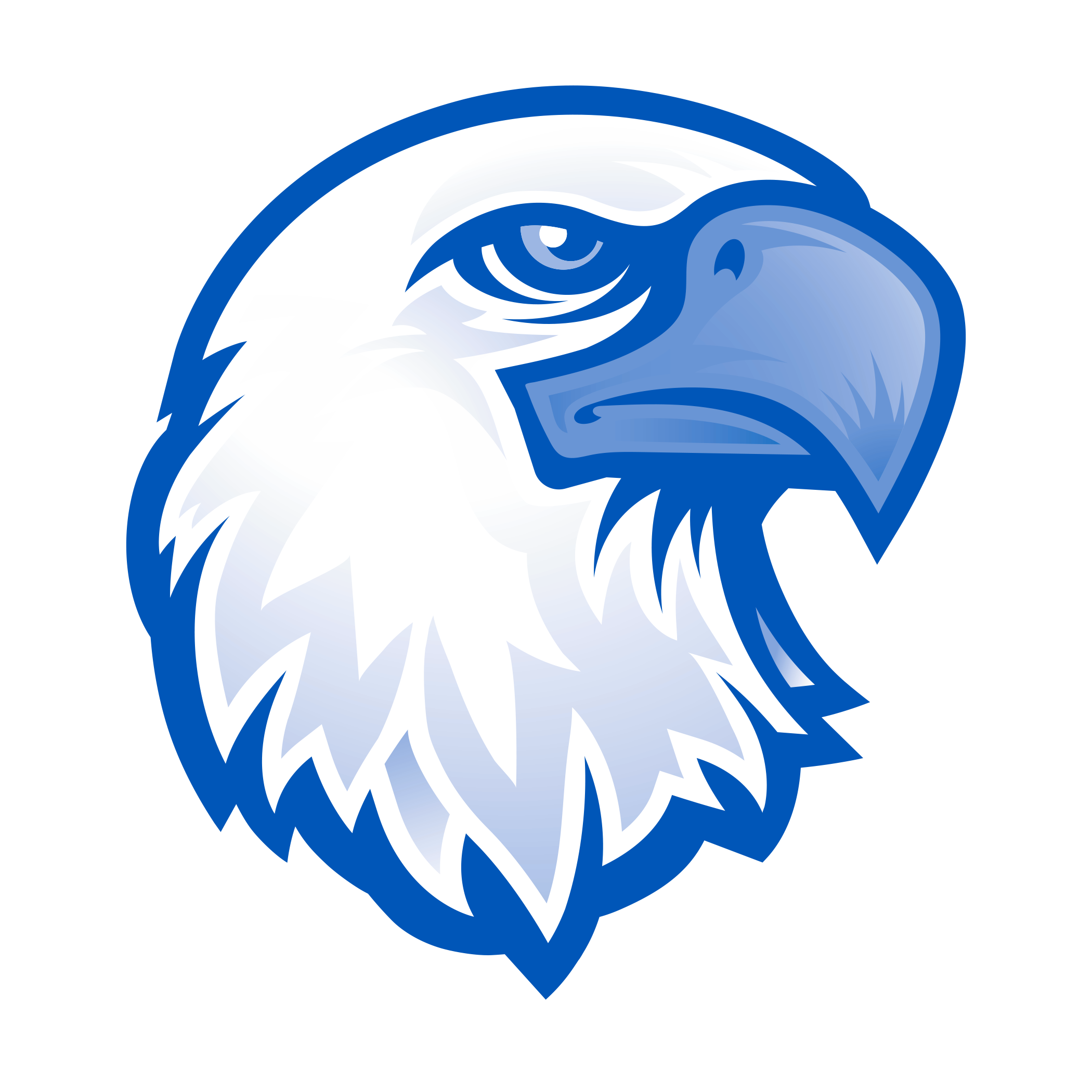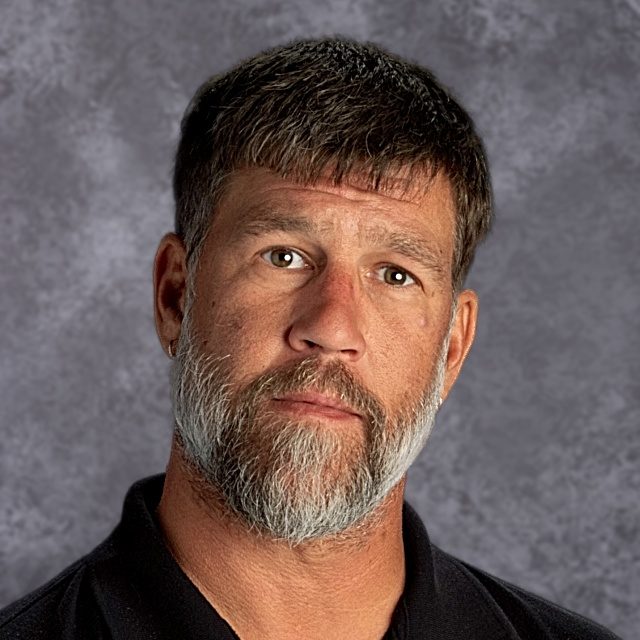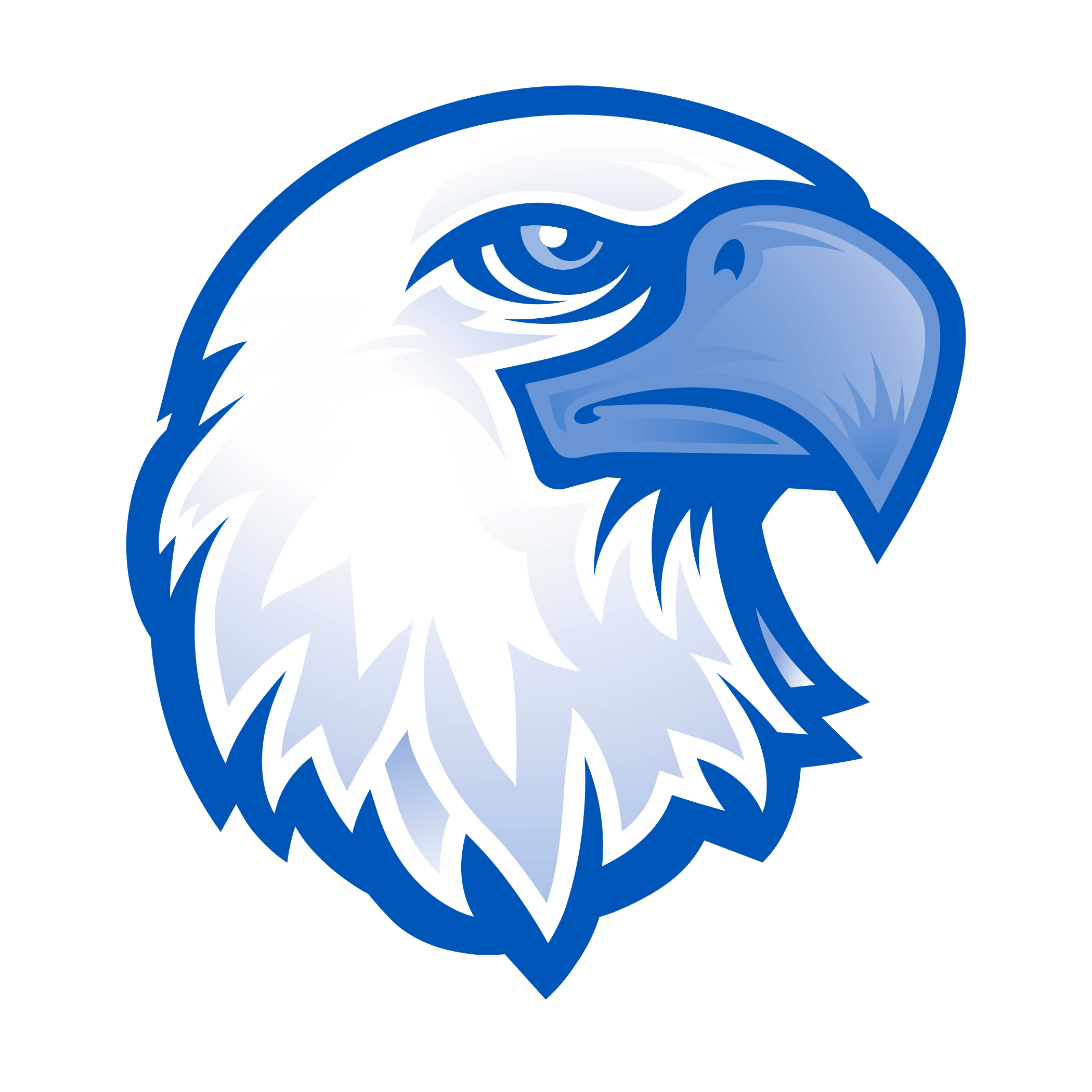Course Descriptions
In this course students use 3D solid modeling design software to help them design solutions to solve proposed problems. Students will learn how to document their work and communicate solutions to peers and members of the professional community. The major focus of the IED course is to expose students to the design process, research and analysis, teamwork, communication methods, global and human impacts, engineering standards, and technical documentation. Prerequisite: students must be enrolled in Algebra I or higher.
This course is designed as a fun, introductory course for students interested in CAD (computer aided drawing). Students will use tools and software to create 2D/3D technical drawings. Each unit will end with a design activity that allows students to create prototypes using machines like our CNC router, 3D printers, and Laser Engraver. Want to design and create your own boomerang, children’s toy, or other fun prototypes? Then, this is the course for you. This course provides a foundation for students interested in a career in construction, manufacturing, or engineering.
Students in this course learn about different fields of engineering such as mechanical, electrical, structural, software, robotics, and coding. Students will complete hands-on projects such as Board Game Designs, Remote Controlled Robots, Rube Goldberg Machines, and Automated System Designs. Students in this course will have the opportunity to work with 3D modeling software, 3D printers, VEX Robotics, and microcomputer technology. Prerequisite: Students must be enrolled in Geometry or higher, and successfully completed Introduction to Engineering OR CAD & Prototyping.
Students in Graphic Design for the Web will explore the fundamentals of graphic design and the overall production processes in creating a web page. Emphasis will be placed on page layout, navigation, and appearance of a contemporary web page. Photoshop and Dreamweaver are examples of the diverse software applications students will incorporate in their design process. At the conclusion of this course, students will be able to create and maintain their own self designed web pages.
Photography Lab I is an introduction course in photography. Students will explore the exciting world of photography. The emphasis of this course will be black and white film photography. Students will learn basic camera techniques, composition, black and white film processing and printmaking. Students will be introduced to digital photography and associated computer software. Students will be expected to find unique and interesting subjects outside of school for their projects. A 35mm SLR film camera is required for this course. Cameras will be available to loan students on a limited basis.
Photography Lab II is an advanced class in photography for students who wish to improve their photographic and darkroom skill and to increase their knowledge of photography. Students will expand their knowledge of photographic applications including black and white, digital, color, and appropriate computer software. Students will also have the opportunity to work in areas of their own interest. Together, the teacher and the student will appraise the student’s needs and interests and establish requirements. This class is highly recommended for students interested in photography (as a hobby or career), communications, fine arts, or commercial art. Students will be expected to find unique and interesting subjects outside of school for their projects. Prerequisite: successful completion of Photography Lab I.
This course is designed to introduce students to the basic tools, concepts, and fundamentals of woodworking through the creation of instructor lead projects. This course includes an emphasis on the safe use of both hand tools and power tools, problem solving, and basic math/measuring skills. Examples of projects can include small tables, jewelry boxes, small furniture, and lathe projects.
This course builds on the fundamental skills established in Wood I, but allows students to continue to develop their woodworking skills and experiences with the creation of more advanced wood projects. Prerequisite: Successful completion of Wood I.
Photo Lab III is for the serious photography student who would like to continue their study of photography. The class would include both traditional black & white photography and digital photography. Creatively the class will emphasize composition and presentation. Technically the class will emphasize camera use, darkroom techniques and the use of Photoshop image-editing software. Photo Lab III will be an independent study class with projects selected by both the student and instructor in a collaborative manner. The instructor must approve all student-selected projects. Students who select this course should be interested in a career choice which may include the visual arts, photojournalism, fashion, advertising, industrial photography or other related fields. Students must have successfully completed Photo Lab II. A 35mm film SLR camera and a digital camera are required.
During this course students will explore and utilize current construction systems including CNC technologies and mass production techniques. CSP students will engage in designing, problem solving, and analyzing the logistics of a mass-produced product in the construction lab. Students will develop individualized practical skills associated with the traditional methods and innovative techniques.
The CSP II course is a progressive extension of the CSP I program. Emphasis is placed on perfecting previously acquired procedures and techniques. Students complete activities based on CNC technologies and lab equipment. Project designs involve greater problem-solving abilities and practical skills.
Metal Technology I is an applied, hands-on, interactive course that introduces students to the basic tools, machines, materials, and processes of the metal industry. This course is for students with very little knowledge of this subject area. Student outcomes include general ability on machines such as lathes, vertical/horizontal milling machines, the drill press, band saws, and other hand tools. Students also develop skills in soldering, welding, and metal identification. A variety of educational practices including lecture and hands-on project work, help students master the course objectives.
Metal Technology II is a hands-on interactive course that challenges students to apply the basic tools, machines, material, and processes of the metal industry. This course is for students with above average knowledge of this subject area. Student outcomes include intensively perfecting their machining and manufacturing abilities. Students develop problem solving abilities and use technical drawing skills through research and design problems. A variety of educational practices including lecture and hands-on project work help students master the course objectives.
Metal Technology III is an intense independent study that requires serious responsibility with the student. This course includes researching and designing a particular area of interest, then using machines such as lathes, vertical/horizontal milling machines, drill press, band saws, furnace and other hand tools to construct the hands on research necessary. Data will be collected and presented in a classroom presentation. A variety of educational practices including lecture and hands-on project work will help students master the course objectives. Prerequisite: Successful completion of Metal I & Metal IIl.
The Electricity-Electronics course is a basic theory and hands-on program designed to meet the needs of the Tech Prep student. Topics include AC and DC circuits, motors, control systems, power supplies, and residential wiring. Students learn the proper use of testing equipment.
This course is designed to educate the future homeowner about residential systems and their operations. Students will study how residential structures are built from the foundation up through the roof. . Hands-on activities can include measuring, foundations, framing, electrical wiring, drywall and painting, and plumbing with a focus on the proper and safe use of common household tools and equipment. Students will also acquire troubleshooting and problem-solving skills associated with common residential systems.





